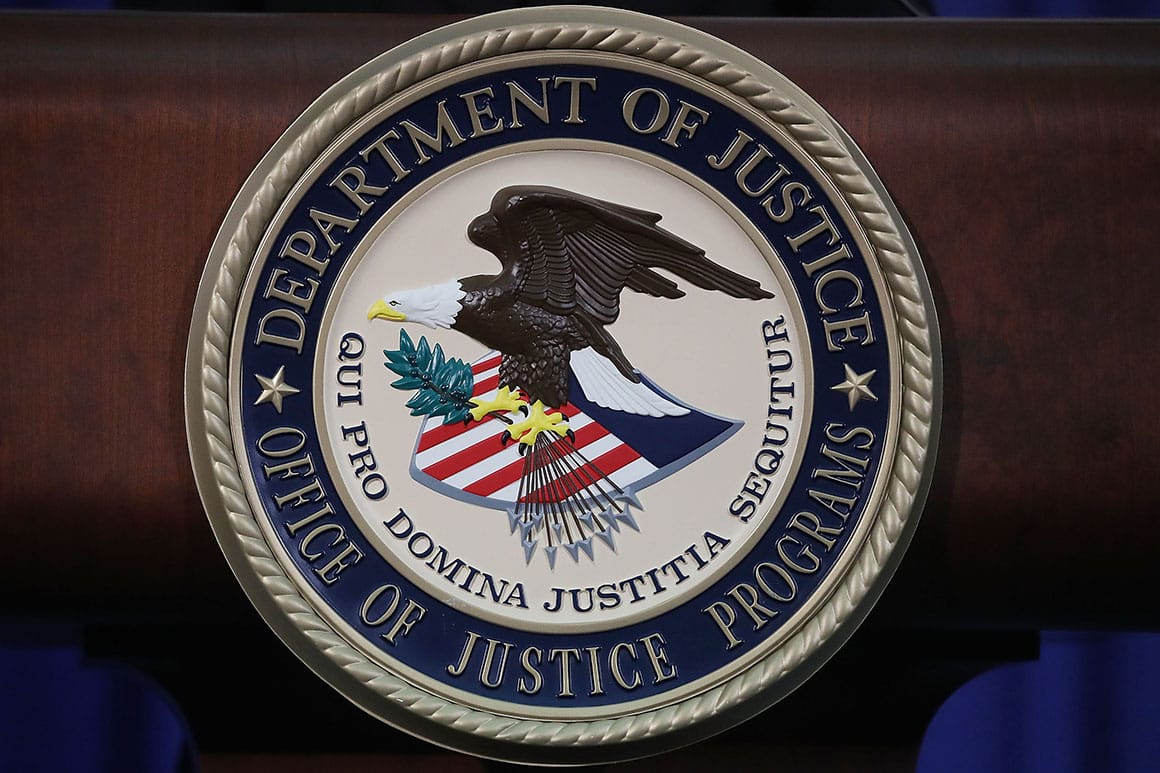Today, on August 1, Apple asked a U.S. judge to dismiss the Department of Justice's (DOJ) antitrust lawsuit. Filed in May, this lawsuit accuses Apple of monopolizing the smartphone market through restrictive practices that affect developers. Apple argues that the DOJ’s case doesn’t meet the legal criteria required to prove a violation of Section 2 of the Sherman Act and could harm innovation and consumer choice.
Background of the Lawsuit
The DOJ, along with 19 states and Washington, D.C., claims that Apple has created an illegal monopoly by imposing contractual restrictions on developers and withholding access to key iPhone features. They highlight five main examples of Apple's alleged anticompetitive behavior:
- Super Apps: Apple limited how developers could categorize and display mini apps in the App Store and restricted their access to Apple’s in-app payment system.
- Cloud Streaming Apps: Initially, Apple required streaming games to be submitted as standalone apps for review but later relaxed this requirement.
- Messaging Apps: Apple did not allow third-party messaging apps to use the SMS protocol, run in the background, or access the iPhone’s camera. Apple also did not develop iMessage for Android.
- Smartwatches: Apple restricted third-party smartwatches from responding to iPhone notifications, maintaining certain Bluetooth connections, or receiving messages without disabling iMessage. Apple also did not make the Apple Watch compatible with Android.
- Digital Wallets: Apple limited third-party digital wallet apps’ access to sensitive financial information and the NFC antenna, reserving this for Apple Wallet.
Apple's Motion to Dismiss
In its motion, Apple argues that the DOJ’s case is based on flawed legal theories and does not show anticompetitive conduct, harm to consumers, or monopoly power. Apple believes that the DOJ is trying to create a new, unrecognized theory of antitrust liability.
Key Points from Apple’s Filing
- No Exclusionary Conduct: Apple claims its design choices are lawful and necessary for maintaining the security and privacy of the iPhone ecosystem. Antitrust law does not require a company to share its proprietary technology or design choices with competitors.
- No Anticompetitive Effects: Apple argues that the DOJ has not demonstrated how its actions have harmed competition in the smartphone market. Users dissatisfied with Apple’s policies can and do switch to competitors like Google and Samsung.
- Market Competition: Apple faces significant competition from other smartphone manufacturers and does not hold a monopolistic market share. Apple’s global market share is around 15%, far from the 95% share Microsoft held when it faced antitrust actions.
- Consumer Choice and Innovation: Apple believes that the DOJ’s demands would stifle innovation and consumer choice. Apple’s policies aim to provide a safe, secure, and user-friendly experience, setting the iPhone apart from other smartphones.
If you're interested, here is the full document Apple filed today:
What’s Next?
If the court denies Apple's motion to dismiss, the case could go to trial, which might not happen until 2027 or 2028. This legal battle will likely shape the future of how antitrust laws apply to technology companies and their control over proprietary ecosystems.
The Final Verdict
Apple’s motion to dismiss the DOJ’s antitrust lawsuit emphasizes the company's stance that its business practices are legal and beneficial to consumers. The decision from Judge Julien X. Neals will be crucial in determining the boundaries of antitrust law and could have long-lasting effects on the tech industry.
Disclaimer: I used Apple Intelligence to summarize the legal document; I couldn't help myself. It was okay; it's clearly beta.1 for Apple's AI.

